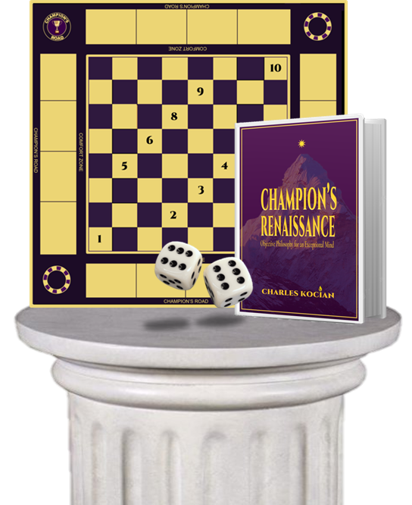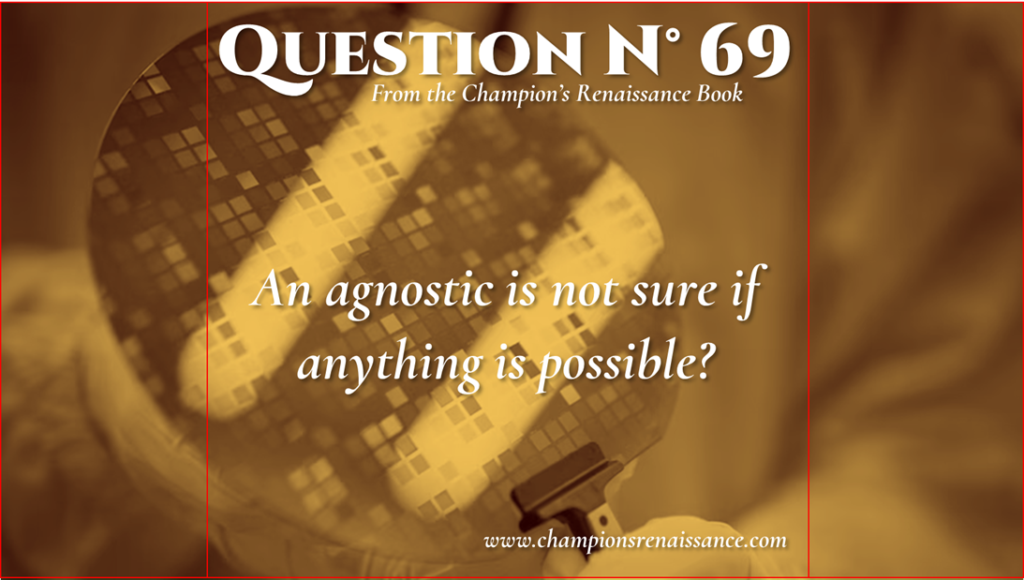
(Answer at the end).
AGNOSTICS
By Charles Kocian
Last week we saw that Huawei’s new smartphone is the evidence of an advanced 7 nanometre technology built in China that results in faster processing. This shows that the US attempts to curtail China’s microchip development, blocking its access to the highest chip-making technology, are failing. Indeed, China’s authorities has proof that the US had failed with its “extreme crackdown on China”.
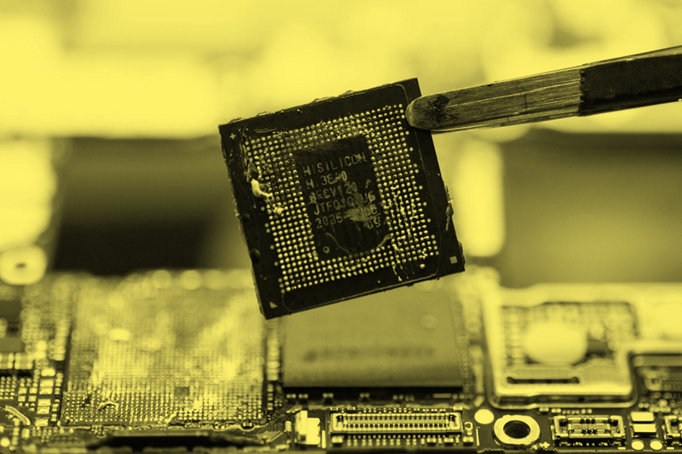
This technologic achievement is a great geopolitical challenge to the countries who have restrict critical technologies to China, demonstrating its professionals also can progress in the semiconductor industry. The new smartphone is the evidence that the US sanctions were not able to prevent China its own advanced chip-making technology.

In the Renaissance, the invention of the printing press, firearms, and the nautical compass allowed people to communicate ideas, exercise power, or travel long distances. The most important invention was the printing press, a new technology nobody could restrict and, in a few years, it was copied and perfected through Europe and beyond, democratizing knowledge and science. This pushed Europe to the Enlightenment movement of the 17th and 18th centuries, and later gave birth the industrial revolution spread by the British Empire.
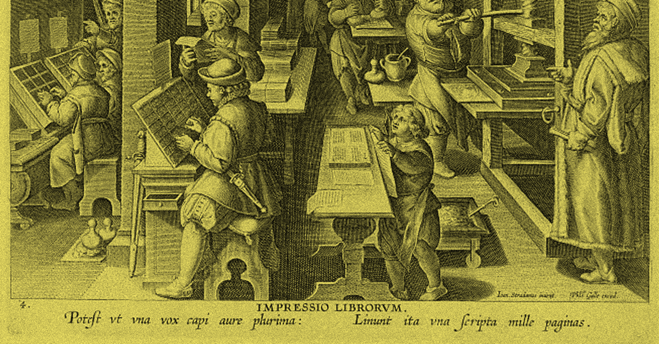
The Ancient Greeks also invented new technologies, not only democracy or the Olympic Games. Indeed, their philosophers and famous mythological stories, although relevant, shadows their inventions, for instance, the watermills. Indeed, there is evidence of watermills in the 3rd century BC in Greece. They discovered that the power of running water could be transformed into mechanical rotational force to process simple grains into edible food staples. This invention later spread all over the world and was perfected through the centuries in different countries.
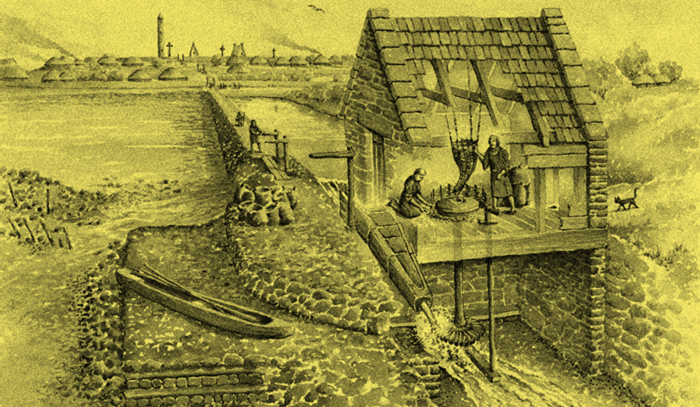
For example, there was more than a thousand of watermills when William the Conqueror conquered Britian in the year 1066 AC. It is believed that this automatization of water movement helped the British to later produce the Industrial Revolution, replacing the water power with the steam power, and wood by steel.

CONCLUSION
Man is a rational-animal and, when it has the time and resources to observe the world (like the ancient Greeks did), man’s reason always arrive to the same discoveries, because nature and its laws are objective, absolute and universal. So, to censor reason will never work, because man likes to discover, travel and share, that is, man likes free trade, including ideas and technology. This is true for the XXI century microchips, for the printing press of the Renaissance and for the ancient Greek watermills. It might be true an agnostic is not sure of anything, not even this, but we all can be sure that through history, it is a fact that those who try to censor reason (and free trade) will always fail.
Now the answer to question 69.
QUESTION N° 69
An agnostic believes anything is possible, but he’s not sure.
a) Yes.
b) No.
The answer is: a) Yes. The philosophy of an agnostic is to never be sure of anything, not even that.
Leave your comments here.
